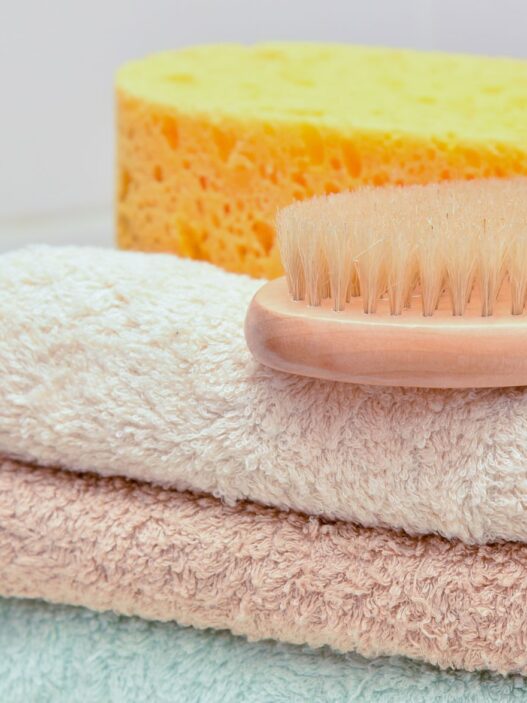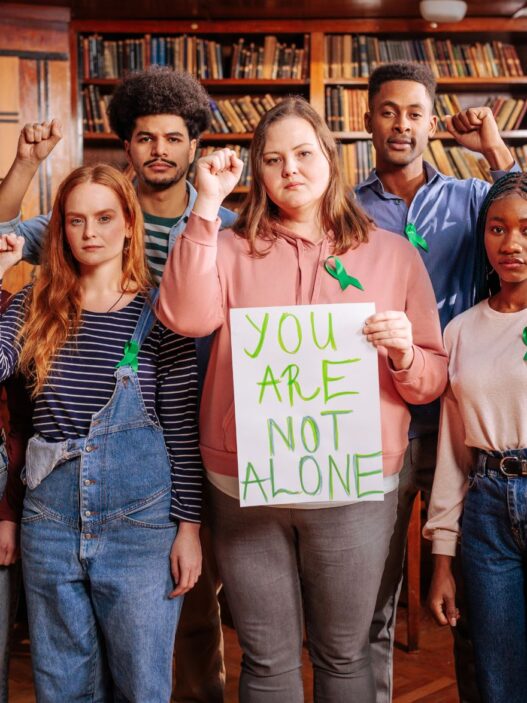Several attorneys general from different states are suing TikTok because they believe the app is causing harm to children’s mental health.
The lawsuit claims that TikTok uses addictive features that are especially bad for kids and teens.
The goal of this lawsuit is to hold TikTok accountable for the negative effects the platform might have on young users.
Why Are They Suing TikTok?
The attorneys general say TikTok’s content can make children feel bad about themselves.
They argue that the app encourages unhealthy behavior by promoting unrealistic beauty standards, negative comparisons, and harmful challenges.
Many parents and experts have already raised concerns that TikTok’s algorithm can lead kids to dangerous or inappropriate content.
In recent years, mental health issues like anxiety and depression have increased among young people.
The attorneys general believe that TikTok’s addictive design may be contributing to this trend.
The way TikTok keeps users scrolling can make it hard for kids to disconnect, which can lead to sleep problems, stress, and even depression.
The Impact on Kids’ Mental Health
Many experts agree that too much time on social media can negatively affect a child’s mental health.
Kids may feel anxious if they don’t get enough likes, or they may feel left out if they see their friends having fun without them.
Additionally, the constant scrolling can impact kids’ ability to focus on school and other important activities.
What’s Next for TikTok?
This lawsuit aims to make TikTok change its practices to better protect young users.
The attorneys general want TikTok to add more safety features, like time limits for kids and improved content moderation, to help prevent young people from being exposed to harmful content.
They are also hoping to see more education for both parents and children on how to use social media safely.
What Can Parents Do?
If you’re a parent, there are ways to help protect your kids from the negative effects of social media:
- Set Time Limits: Encourage your child to limit their screen time and take breaks from social media.
- Open Conversations: Talk with your kids about what they see on TikTok and how it makes them feel.
- Monitor Content: Make sure your child is only viewing content that is age-appropriate.
Social media can be a fun way to connect with friends, but it’s important to use it in a healthy way.
Lawsuits like this one are reminders of how much we need to protect young minds from the harmful sides of social media.























